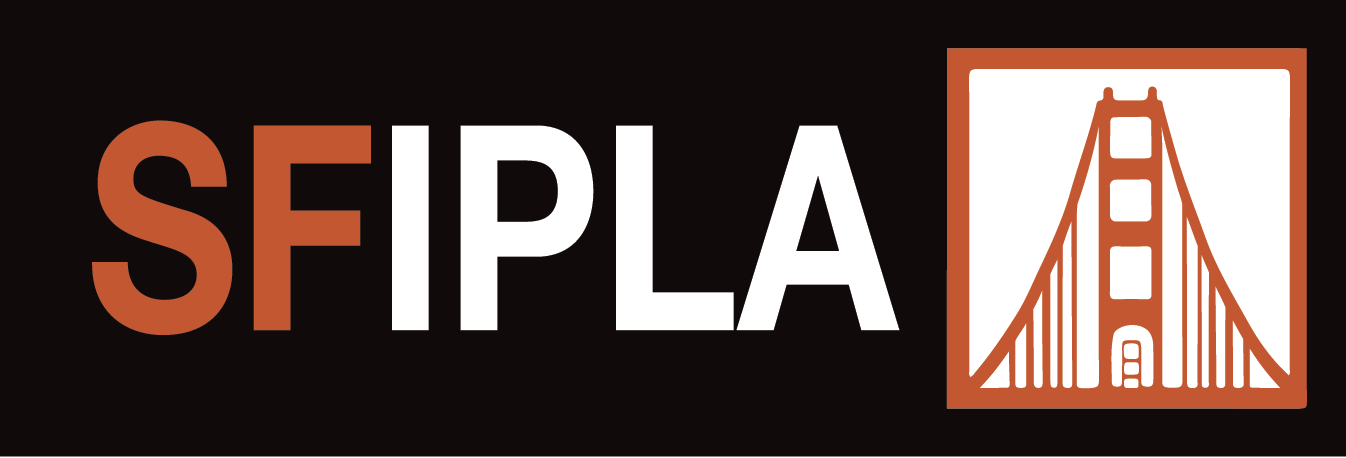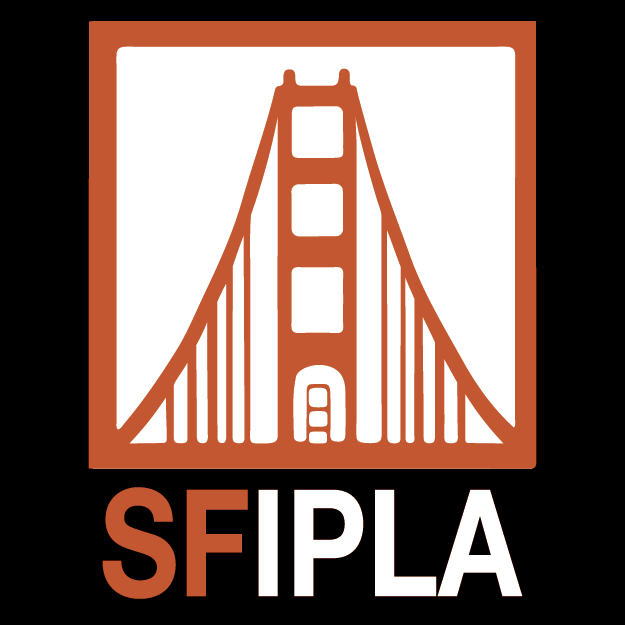Date/Time
Date(s) - Tue 07/21/2020
12:00 pm - 1:00 pm
Please join SFIPLA and Mark Lemley for Patent Law Year in Review—A rapid-fire tour through the most significant case developments in patent law over the past twelve months.
This virtual program will be hosted live on Zoom. Participants must register in order to receive a Zoom link and a paper summarizing the patent cases in advance of the program.
Raghav Krishnapriyan (Durie Tangri LLP) will be hosting and compiling questions on Zoom chat from participants for Professor Lemley to answer after the presentation, time permitting.
SPEAKER
Mark Lemley is the William H. Neukom Professor of Law at Stanford Law School and the Director of the Stanford Program in Law, Science and Technology. He is also a Senior Fellow at the Stanford Institute for Economic Policy Research and as affiliated faculty in the Symbolic Systems program. He teaches intellectual property, patent law, trademark law, antitrust, the law of robotics and AI, video game law, and remedies. He is the author of eight books and 179 articles, including the two-volume treatise IP and Antitrust. His works have been cited more than 280 times by courts, including 15 times by the United States Supreme Court, and more than 17,000 times in books and law review articles, making him the most-cited scholar in IP law and one of the five most cited legal scholars of all time. He has published 9 of the 100 most-cited law review articles of the last twenty years, more than any other scholar. His articles have appeared in 23 of the top 25 law reviews, in top economic journals such as the American Economic Review and the Review of Economics and Statistics, and in multiple peer-reviewed and specialty journals. They have been reprinted throughout the world, and translated into Chinese, Japanese, Korean, Spanish, Italian, and Danish. He has taught IP law to federal and state judges at numerous Federal Judicial Center and ABA programs, has testified eight times before Congress, and has filed more than 50 amicus briefs in the U.S. Supreme Court, the California Supreme Court, and the federal circuit courts.
Mark Lemley is the William H. Neukom Professor of Law at Stanford Law School and the Director of the Stanford Program in Law, Science and Technology. He is also a Senior Fellow at the Stanford Institute for Economic Policy Research and as affiliated faculty in the Symbolic Systems program. He teaches intellectual property, patent law, trademark law, antitrust, the law of robotics and AI, video game law, and remedies. He is the author of eight books and 179 articles, including the two-volume treatise IP and Antitrust. His works have been cited 285 times by courts, including 15 times by the United States Supreme Court, and more than 17,000 times in books and law review articles, making him the most-cited scholar in IP law and one of the four most cited legal scholars of all time. He has published 9 of the 100 most-cited law review articles of the last twenty years, more than any other scholar. His articles have appeared in 23 of the top 25 law reviews, in top economic journals such as the American Economic Review and the Review of Economics and Statistics, and in multiple peer-reviewed and specialty journals. They have been reprinted throughout the world, and translated into Chinese, Japanese, Korean, Spanish, Italian, and Danish. He has taught IP law to federal and state judges at numerous Federal Judicial Center and ABA programs, has testified eight times before Congress, and has filed more than 50 amicus briefs in the U.S. Supreme Court, the California Supreme Court, and the federal circuit courts.
Mark is a founding partner of Durie Tangri LLP. He litigates and counsels clients in all areas of intellectual property, antitrust, and internet law. He has argued 27 federal appellate cases and numerous district court cases as well as before the California Supreme Court. He has participated in more than three dozen cases in the United States Supreme Court as counsel or amici. His client base is diverse, including Genentech, Dykes on Bikes, artists, and nearly every significant Internet company.
Mark is a founder of Lex Machina, Inc., a startup company that provides litigation data and analytics to law firms, companies, courts, and policymakers. Lex Machina was acquired by Lexis in December 2015.
Mark has been named California Lawyer’s Attorney of the Year twice. He received the California State Bar’s inaugural IP Vanguard Award. He won the 2018 World Technology Award for Law. In 2017 he received the P.J. Federico Award from the Patent and Trademark Office Society. Back when he was young, he was named a Young Global Leader by the Davos World Economic Forum and Berkeley Law School’s Young Alumnus of the Year. He has been recognized as one of the top 50 litigators in the country under 45 and one of the 25 most influential people in IP by American Lawyer, one of the 100 most influential lawyers in the nation by the National Law Journal, and one of the 10 most admired attorneys in IP by IP360. He is a member of the American Academy of Arts and Sciences, the American Law Institute, and the IP Hall of Fame.
Mark clerked for Judge Dorothy Nelson on the United States Court of Appeals for the Ninth Circuit and has practiced law in Silicon Valley with Brown & Bain and with Fish & Richardson and in San Francisco with Keker & Van Nest. He has previously held faculty positions at Berkeley Law School and the University of Texas School of Law. In his spare time, Mark enjoys cooking, travel (back when that was a thing), yoga, and feeding his addiction to video games (at this writing, Final Fantasy 7).
Date: Tuesday, July 21, 2020
Time: 12pm-1pm
Place: ZOOM (login credential details to be provided prior to program meeting date)
Cost: FREE
Click here to register.
Sponsor:
Thank you to our sponsor, Durie Tangri LLP, for its virtual hosting.
The San Francisco Intellectual Property Law Association is an approved provider of California MCLE credit, and certifies that the above activity meets the requirements for one hour of participatory credit.
Categories

